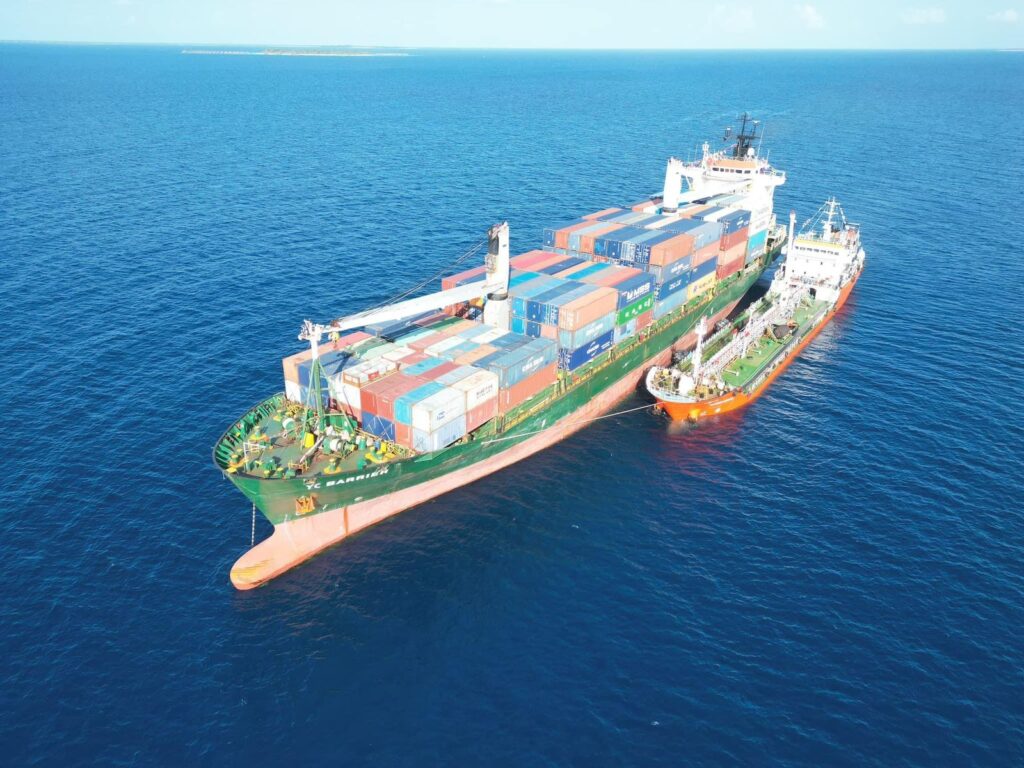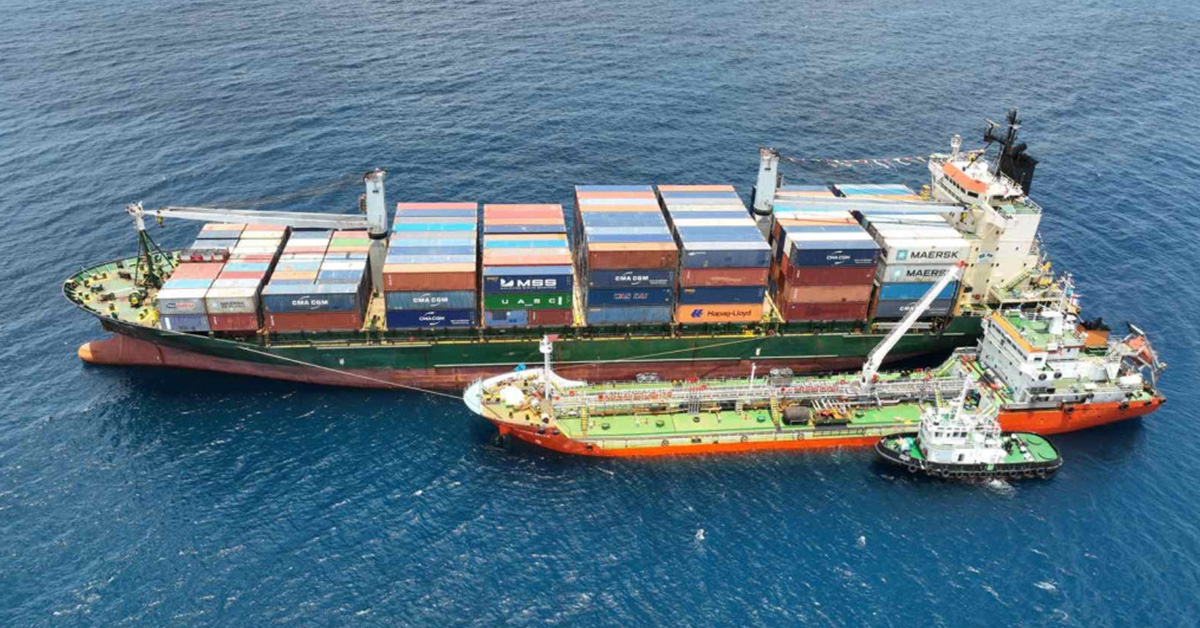The Government of the Maldives has announced its decision to begin providing maritime and Off Port Limits (OPL) services, with a specific focus on bunkering services, through the collaboration of Maldives Ports Limited (MPL) and State Trading Organization (STO). This development marks a strategic shift aimed at positioning the Maldives as a key player in the international maritime industry. Bunkering services, which involve the refueling of ships, are set to be launched in the Ihavandhippolhu region, located in the northern part of the country. According to MPL’s CEO, Mohamed Wajeeh, this move is expected to foster significant economic growth for the nation.

This article examines the potential economic impact of introducing bunkering services in the Maldives and provides an estimate of the costs that the government will incur in starting these operations.
Economic Impact of Bunkering Services
- Revenue Generation: The introduction of bunkering services is likely to open up a new revenue stream for the Maldivian economy. The northern region, particularly around Ihavandhippolhu, witnesses a high volume of maritime traffic, with around 100 ships passing through daily. By providing refueling services to these vessels, the Maldives can tap into a growing market for fuel supply and ancillary maritime services. According to MPL, these services will be critical in positioning the Maldives as a hub for international shipping, especially in the Indian Ocean region.
- Employment Opportunities: The establishment of bunkering facilities and related maritime services is expected to create jobs in the northern Maldives. These jobs will range from technical roles in fuel handling and storage to administrative positions in managing the operations. This employment generation is particularly beneficial for the northern atolls, which are often more economically disadvantaged compared to the capital area.
- Increased Trade and Investment: The strategic location of the Maldives, along key shipping routes, makes it an attractive destination for maritime services. The introduction of bunkering services is expected to attract foreign investment in related infrastructure, such as fuel depots, port facilities, and logistics services. Moreover, enhanced maritime services could lead to greater trade opportunities, as ships that stop for refueling may also engage in other forms of commerce.
- Strengthening of Northern Ports: MPL and STO are focusing on improving the northern ports of the Maldives, making them capable of handling a larger volume of maritime traffic. This expansion will enhance the infrastructure in the region, potentially attracting even more ships to stop for services. The development of ports and bunkering facilities in the northern region is a strategic move to decentralize economic activities and reduce the concentration of development in the capital, Malé.
- Environmental Considerations: While bunkering services offer significant economic benefits, they also come with environmental risks, particularly the potential for oil spills and marine pollution. The government will need to implement strict environmental regulations and invest in safety measures to minimize these risks and ensure sustainable development.
Estimated Costs for Starting Bunkering Services
The costs of establishing bunkering services in the Maldives are multifaceted, involving both initial capital expenditures and ongoing operational expenses. Some key cost components include:
- Infrastructure Development: Developing bunkering facilities, including fuel storage depots, pipelines, and refueling stations, will require significant investment. The cost of setting up these facilities will depend on the scale of operations. A small-scale bunkering operation may require an initial investment of around $50 million to $100 million for infrastructure development.
- Procurement of Ships and Equipment: The government, in collaboration with MPL and STO, is focused on procuring the necessary ships for bunkering operations. These vessels must meet international standards for safety and efficiency. The cost of acquiring specialized bunkering ships can range from $20 million to $60 million per vessel, depending on the size and specifications.
- Port Upgrades: To handle the increased maritime traffic, ports in the northern Maldives will require upgrades. These upgrades could include deepening harbors, expanding docking facilities, and improving logistics services. Port upgrades may cost between $30 million and $70 million, depending on the extent of the improvements needed.
- Operational Costs: In addition to the initial capital investment, there will be ongoing operational costs, including fuel procurement, staff salaries, and maintenance of ships and infrastructure. These costs could range from $10 million to $20 million annually, depending on the scale of operations.
- Environmental Safeguards: Implementing environmental safeguards, such as oil spill response equipment, pollution control measures, and monitoring systems, will be essential for mitigating the risks associated with bunkering services. The cost of environmental protection measures may add an additional $5 million to $10 million to the total project cost.

The decision to introduce bunkering services in the Maldives, particularly in the northern region, represents a significant economic opportunity for the country. By capitalizing on the high volume of maritime traffic passing through the area, the Maldives can generate new revenue streams, create jobs, and attract foreign investment. However, the government must also account for the substantial costs involved in developing the necessary infrastructure and ensuring that the operations are environmentally sustainable. With careful planning and execution, the Maldives can position itself as a key player in the global maritime industry. The estimated cost of starting these services could range from $100 million to $200 million, depending on the scale of operations and the level of investment in environmental protection measures.



